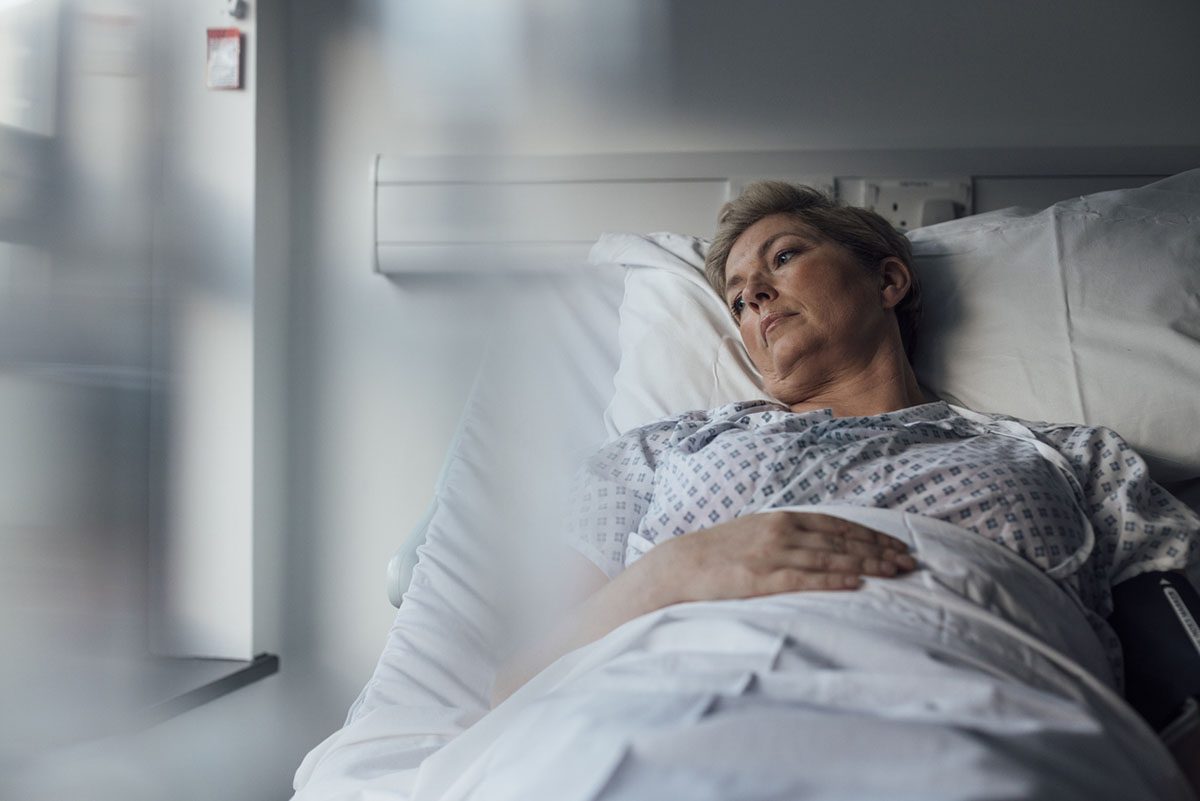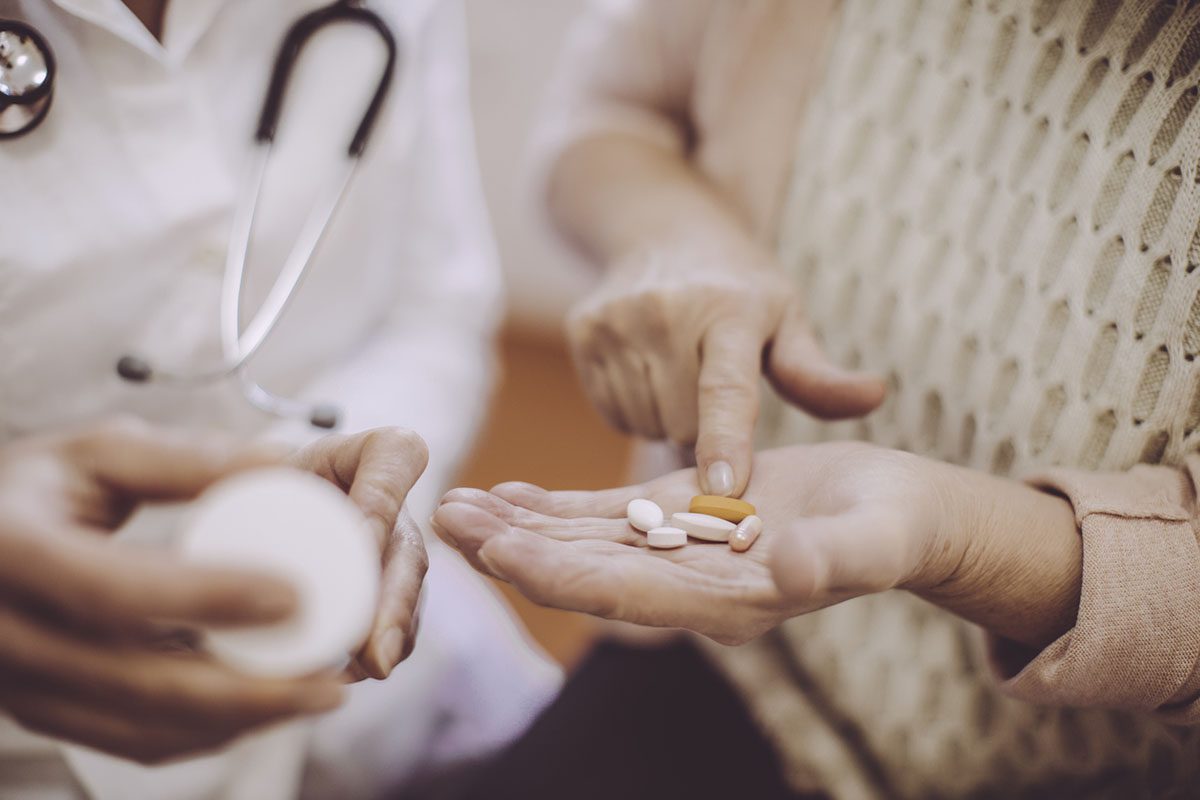
Successful Monitoring of Fluoxetine-Induced Nocturnal Bruxism: A Case Report
Nocturnal bruxism, the involuntary grinding and/or clenching of teeth during sleep, which has been classified as a parasomnia, reportedly causes many dental and oral problems.1 Moreover, it may be an untoward symptom that leads to a compromised ability to achieve or maintain therapeutic doses of selective serotonin reuptake inhibitors (SSRIs). To the best of our knowledge, this is the first report to document the successful monitoring of fluoxetine-induced nocturnal bruxism in a healthy adult without a change in the patient’s medication regimen.
Case report. Mr A, a 34-year-old man with a history of DSM-IV-diagnosed posttraumatic stress disorder and major depressive disorder, presented in 2011 to the emergency department after having an argument with his wife. He complained of feeling hopeless and helpless for approximately 1 week and having suicidal and homicidal ideations with no plan or intent. The patient had been successfully treated with fluoxetine 20 mg/d for the past 5 years with no reported side effects. No other SSRI had been prescribed in the past. Past medical, surgical, and family histories were noncontributory.
Mr A’s fluoxetine dose was increased gradually to 60 mg/d beginning at admission. The patient reported a significant decrease in depressive symptoms within 2 weeks. At this same time, the patient reported the onset of nocturnal bruxism, which led to frequent morning headaches and temporomandibular joint discomfort with no dental consequences. Due to the excellent therapeutic response in targeting depressive symptoms, fluoxetine was continued with no change. The nocturnal bruxism lasted for 1 month and did not recur, according to patient report at multiple outpatient appointments over a 6-month period. His depressive symptoms remained in remission from the date of discharge through all follow-up appointments.
Nocturnal bruxism is a reported side effect of SSRIs with an unknown prevalence. Either a decrease in SSRI dosage or the addition of buspirone (serotonin 5-HT1A receptor partial agonist) has been used to relieve SSRI-associated nocturnal bruxism.2,3 The pathophysiology of SSRI-associated nocturnal bruxism is unclear.4 However, it has been suggested that mesocortical disinhibition known to be produced by SSRIs may lead to dopamine depletion that manifests itself as nocturnal bruxism.5 Nocturnal bruxism has also been reported to be associated with venlafaxine, which at lower doses primarily acts as a serotonin reuptake inhibitor.6 In addition, in a 61-year-old patient, depressive symptoms and fluvoxamine-induced bruxism were both completely remitted in 1 month after 6 electroconvulsive therapy treatments; however, the authors acknowledged that spontaneous remission could have occurred.7
We believe that adding additional medications or changing an effective medication regimen could be avoided in some cases. As reported in our case, fluoxetine-associated nocturnal bruxism clearly remitted in 1 month without intervention and to date remains in full remission. When bruxism is recognized clinically, consultation of a trained dental professional should be strongly considered. Decisions regarding continuation of medications resulting in bruxism should be made only in cases in which this side effect is reasonably tolerated.
If practitioners recognize this association between SSRIs and bruxism, then extensive use of buspirone or undesired decreases in the SSRI dose, possibly compromising patient progress, might be prevented. Clinicians should be aware of the potential for fluoxetine-induced nocturnal bruxism and educate their patients about the possibility of its occurrence. Upon its incidence, the clinician may consider taking a more conservative interventional approach if the SSRI dose is otherwise efficacious. However, the spontaneous remission we observed may not occur in every case.
References
1. Sugimoto K, Yoshimi H, Sasaguri K, et al. Occlusion factors influencing the magnitude of sleep bruxism activity. Cranio. 2011;29(2):127-137. PubMed
2. Sabuncuoglu O, Ekinci O, Berkem M. Fluoxetine-induced sleep bruxism in an adolescent treated with buspirone: a case report. Spec Care Dentist. 2009;29(5):215-217. PubMed doi:10.1111/j.1754-4505.2009.00091.x
3. Ellison JM, Stanziani P. SSRI-associated nocturnal bruxism in four patients. J Clin Psychiatry. 1993;54(11):432-434. PubMed
4. Lavigne GJ, Kato T, Kolta A, et al. Neurobiological mechanisms involved in sleep bruxism. Crit Rev Oral Biol Med. 2003;14(1):30-46. PubMed doi:10.1177/154411130301400104
5. Bostwick JM, Jaffee MS. Buspirone as an antidote to SSRI-induced bruxism in 4 cases. J Clin Psychiatry. 1999;60(12):857-860. PubMed doi:10.4088/JCP.v60n1209
6. Jaffee MS, Bostwick JM. Buspirone as an antidote to venlafaxine-induced bruxism. Psychosomatics. 2000;41(6):535-536. PubMed doi:10.1176/appi.psy.41.6.535
7. Miyaoka T, Yasukawa R, Mihara T, et al. Successful electroconvulsive therapy in major depression with fluvoxamine-induced bruxism. J ECT. 2003;19(3):170-172. PubMed doi:10.1097/00124509-200309000-00010
Corresponding author: Joseph W. Iskandar, DO ([email protected]).
Author affiliations: Carilion Clinic, Virginia Tech Carilion School of Medicine, Roanoke (Dr Iskandar); University of Virginia School of Medicine, Charlottesville (Drs B. Wood and Ali); and Veterans Affairs Medical Center, Salem (Dr R. L. Wood); Virginia.
Potential conflicts of interest: None reported.
Funding/support: None reported.
J Clin Psychiatry 2012;73(3):366 (doi:10.4088/JCP.11cr07321)
© Copyright 2012 Physicians Postgraduate Press, Inc.



